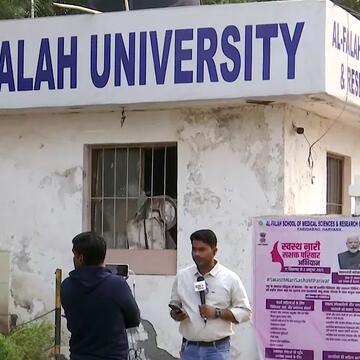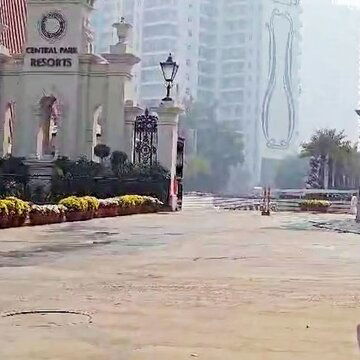A 55-year-old former employee of the court in Shujalpur allegedly died by suicide after financial and personal distress for a long period. He left a seven-page suicide note naming 24 people, including government officials, teachers, and local moneylenders, for harassment, corruption, and financial exploitation.
The body of Anil Dohre was found near the Jatashankar dam on Monday morning, along with his car and an empty container believed to have contained a poisonous substance. Police confirmed that Dohre had been missing since November 7. Before taking the extreme step, he reportedly sent the suicide note to his wife, Archana Dohre, via WhatsApp.
Also Read | ‘She didn’t want his child’: Tamil Nadu woman and her partner accused of killing baby
Suicide note alleges extortion, corruption by officials and lenders
The hostel warden at Shujalpur, Archana, had filed a missing person complaint three days ago. The suicide note, in police possession, conveys a grim story of harassment and financial exploitation.
The note further stated that several local moneylenders had allegedly forced his wife to pay 10–20% monthly interest for loans and taken blank cheques for recovery. Dohre wrote that the lenders had “ruined many families” and warned that his wife could also be driven to suicide if such harassment continued.
The document reportedly lists teachers, employees of the education department, and government officers and accuses them of blackmail, fraud, and intimidation. Police said they are verifying the identities and roles of those named in the letter and have initiated an inquiry into the charges.
Also Read | Who is Muzammil Shakil? J&K doctor at the center of the ammonium nitrate bust near Delhi
Police begin probe into allegations
"An investigation is underway, and the suicide note has been sent for forensic examination," said a senior police officer. Preliminary findings suggest Dohre had been under intense financial pressure and was struggling to clear multiple debts.
Police have already deployed a special team to question those mentioned in the note and scrutinize loan documents and bank records concerning the transactions of the family.










